
[ad_1]
Even when it had nothing else going for it—one thing very removed from the reality— Shadow Field by George Plimpton will endlessly stay a bastion of boxing literature due to the picture it comprises of the “Close to Room,” a spot of dreadful foreboding which Muhammad Ali as soon as described to the famed editor and journalist in hanging, chilling element:
“…a spot to which, when he obtained in bother within the ring, he imagined the door swung half open and inside he may see neon, orange and inexperienced lights blinking, and bats blowing trumpets and alligators taking part in trombones, and the place he may see snakes screaming. Bizarre masks and actors’ garments held on the wall, and if he stepped throughout the sill and reached for them, he knew that he was committing himself to his personal destruction.”
It’s straightforward to think about Ali’s psyche stepping dangerously near the room — his hand shaking because it touched the door — whereas sharing the ring with Frazier and Foreman and Norton. The metaphor should have helped him visualize and outline concern, and thus determine a strategy to side-step it and keep centered whereas withstanding the onslaught of what might have been the strongest subject of heavyweights ever. “Simply don’t go into that room and also you’ll be secure; do the whole lot you possibly can to remain out of there,” he should have informed himself.
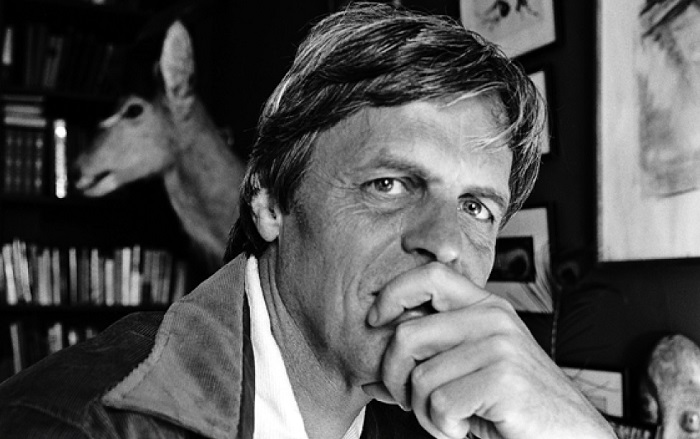
However Ali wasn’t the one one to revenue from the “Close to Room” assemble, as Plimpton realized that the picture precisely portrayed the apprehension, and even the occasional panic, he felt when Sports activities Illustrated requested him in 1959 to field three rounds with Archie Moore after which write a chunk about it. A tall order certainly for somebody of Plimpton’s structure, his bodily disposition being virtually comically anti-athletic. As a teen, in what ought to’ve been his bodily prime, he obtained reduce from each varsity crew he tried out for. “Tall as a reed, fragile as a stick, I ended up within the band taking part in the bass drum.” That’s with out mentioning his fragile nostril or his “sympathetic response,” an involuntary response inflicting him to weep prominently at any time when hit on the face.
So it goes with out saying that Plimpton wanted all the assistance he may get if he was going to outlive three rounds with the sunshine heavyweight champion of the world. Nonetheless, it comes off as charming that, in full accordance together with his patrician origins and Ivy League schooling, Plimpton started preparations for his mission on the library, studying each boxing guide he may discover earlier than taking the extra helpful step of enlisting knowledgeable coach.
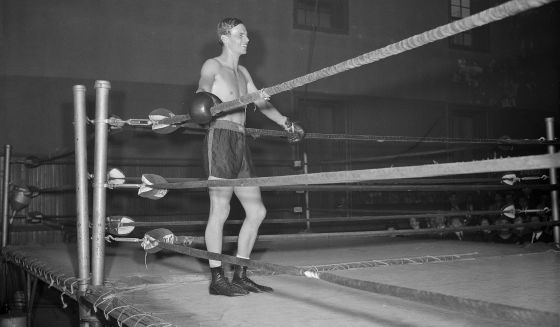
When he wasn’t coaching or finding out on the library, Plimpton collected tales of different writers who boxed with professionals, and whereas recounting them he conveys the sentiment that many did so out of curiosity about what it’s prefer to share the ring with a specimen rather more fearsome than themselves, and maybe have been even making an attempt to make a degree concerning their manhood in daring to have interaction an athlete who punches individuals for a residing—well-known names like Hemingway and Mailer instantly soar to thoughts right here.
However Plimpton’s incursion into the world of prizefighting stands in outlined distinction to these of his colleagues, as his self-deprecating tone and good-natured method make it appear as if his curiosity in boxing typically, and his taking over the Moore task specifically, have been the pure results of the identical common curiosity which compelled him to pitch in a significant league sport, play quarterback for the Detroit Lions, and play the piano in entrance of a reside viewers on the Apollo Theater. Plimpton’s was an all-engrossing, wide-eyed, child-like curiosity, one which moved him to expertise—and document in writing—as a lot of life as was doable. These are the 2 motivations on which Plimpton constructed his repute and his whole profession: diving into the extraordinary, after which writing about it by means of the eyes of a person whose intelligence and storytelling prowess greater than matched his self-effacement.
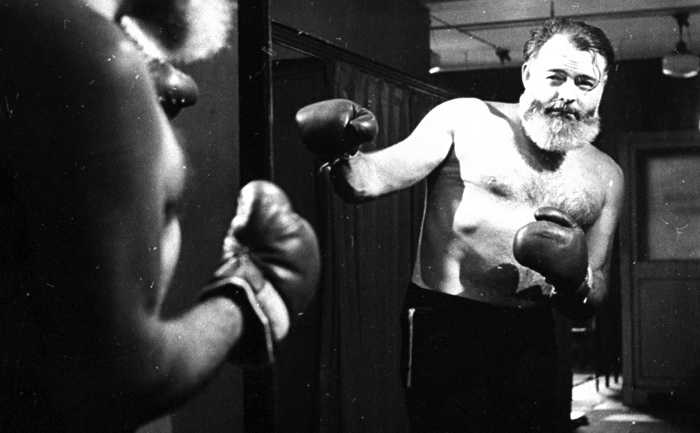
After an arduous psychological and bodily preparation, and after the Moore encounter that adopted, George visited Ernest Hemingway in Cuba to inform him all about it. ‘Papa’ Hemingway, who makes a lot of appearances in Plimpton’s e book, was focused on a way more restricted set of human experiences than Plimpton, specifically those who fed and strengthened the macho mystique with which his identify is now synonymous. The distinction in disposition between the 2 writers turns into apparent when Plimpton tells Hemingway how he obtained licked by Moore. Hemingway laments that Plimpton didn’t come to coach with him, and urges the youthful man to get again within the ring as quickly as doable: “The elephant hunter can’t start to name himself one till his fiftieth elephant,” Ernest tells George. Cue to a couple moments later, and the reader finds Plimpton absorbing laborious punches from Hemingway, the unlucky sympathetic response immediately wetting his eyes. How may that assembly have ended some other means?
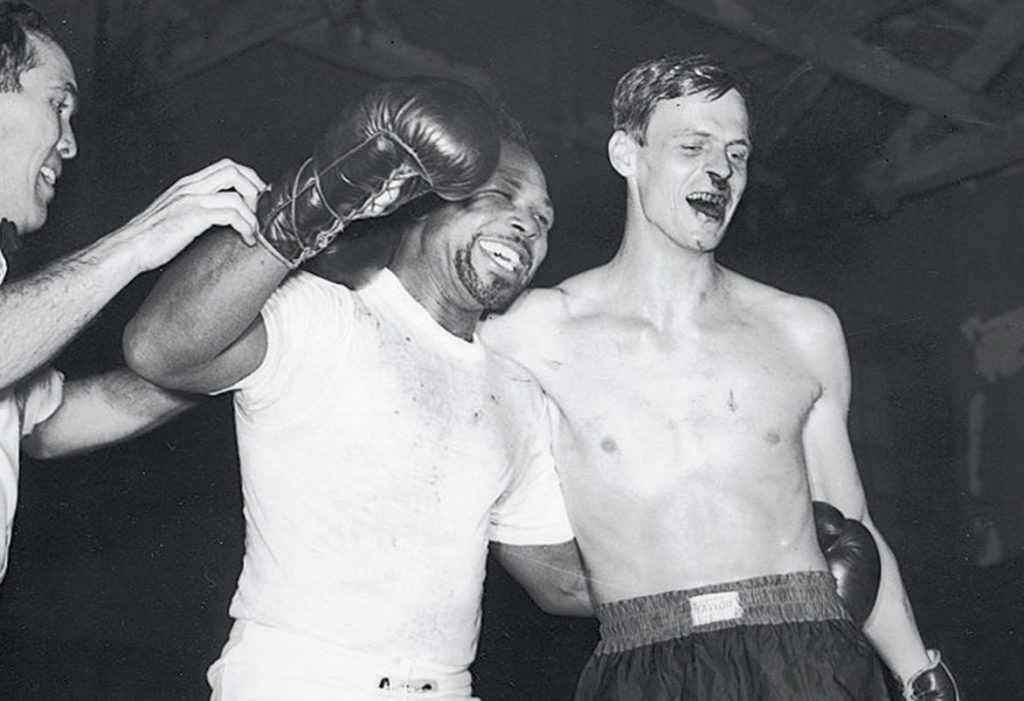
Regardless of Shadow Field being generally known as the boxing chapter of Plimpton’s efforts in participatory journalism, the Moore task serves largely as an introduction to the e book, and as a form of farewell to the pre-Cassius Clay boxing world. The part that follows the Moore task offers with the Moore vs Clay struggle by which a younger, brash, widely-disliked Cassius Clay simply does away with “The Outdated Mongoose,” ending the competition in spherical 4, simply as he had predicted, and thus turning into the “crown prince” of the heavyweight division. However Plimpton—who would come to admire Ali—was neither moved nor impressed on the event of that duel. “It was fairly terrible. Clay did this depressing victory stomp—Archie on his knees making an attempt to stand up,” he tells to a random woman in a bar after the struggle. If Plimpton’s “struggle” with Moore was akin to a vacationer taking a backstage tour of the Theater of the Surprising, the long run Muhammad Ali’s struggle with Moore symbolized the elevating of the curtain to one of many grandest exhibits in boxing historical past: The Ali Period.
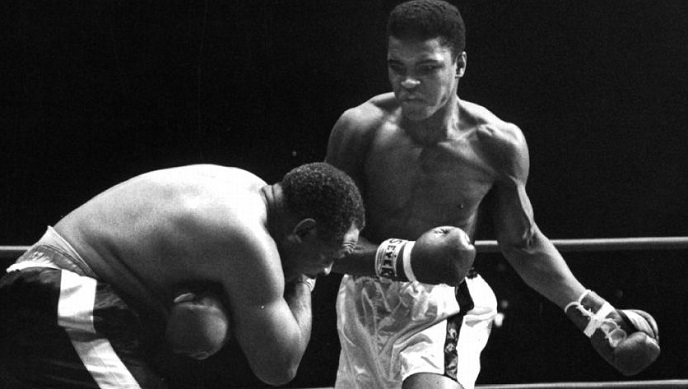
Plimpton performed witness to many alternative sides of Muhammad Ali, and which may be the strongest side of Shadow Field. The champion’s playfulness, the self-confidence bordering on vanity, and even the imply streak, all floor at totally different factors. Significantly jarring is Plimpton’s recounting of the bus journey—with Ali on the wheel—by which the newly topped champion’s entourage leaves Miami following the primary Liston struggle and heads north for the rematch. When the touring circus involves a screeching halt in a Georgia diner that received’t serve blacks, the scene is ready for a confrontation between Ali and his colourful cornerman, Bundini Brown, who had requested to cease there. All of the shared pleasure at Ali’s successful the championship of the world is rendered ineffective and synthetic in a matter of seconds and as soon as again on the highway, a livid, humiliated Ali rages at Bundini, “What’s the matter with you—you rattling idiot! You bought confirmed! You belong to your white grasp!”
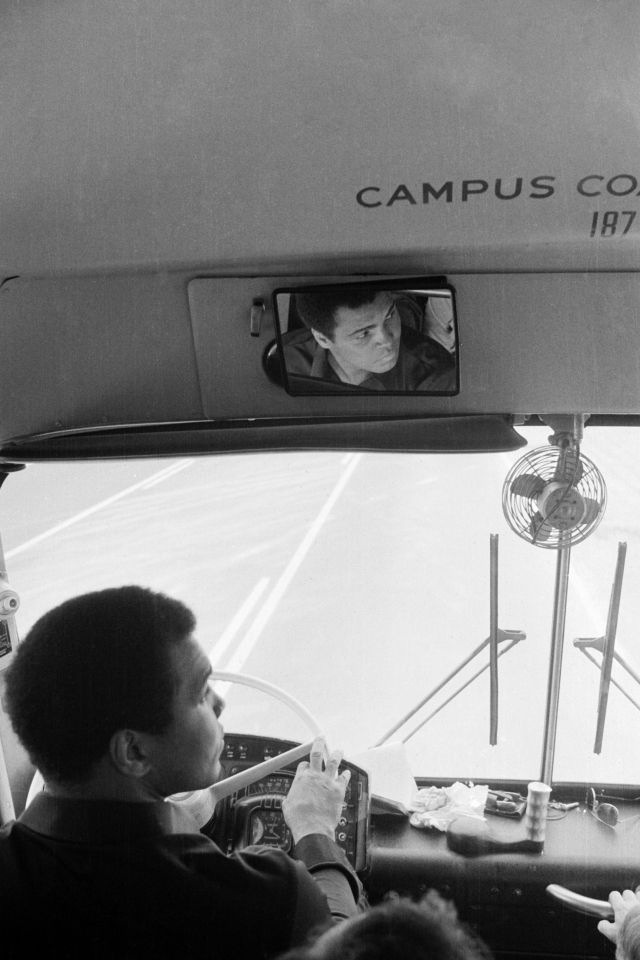
A recurring concept retains popping up in Plimpton’s tales of Ali, that being the creator’s sense of guilt at having achieved nothing to maintain Muhammad from dropping his crown to the federal authorities for refusing the draft. However it will definitely turns into clear to Plimpton that not solely would any efforts to that impact have been ineffective, they might even have been unwelcome by Ali himself. For a champion of Ali’s stature—and for a champion as conscious of stated stature as Ali was—nothing lower than full self-reliance would do.
That is the narrative that drives the story of Ali vs Foreman, fought in Zaire in a surreal ambiance, financed by a army dictator and promoted by one of many most weird personalities in an trade suffering from them. Because the world’s eyes turned to Africa for the monumental conflict, with scores of writers descending upon Zaire for the boxing occasion of a lifetime, Plimpton recounts the painfully tedious means by which Ali’s and Foreman’s days handed by, the nervousness felt by everybody concerning Ali’s probabilities within the struggle, and the paranoia-fueled feats of these condemned to do nothing however wait and report in an odd land removed from dwelling and all familiarity.
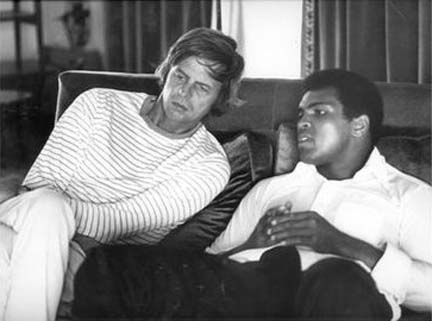
Plimpton does justice to the magnitude of the occasion, conveying the anxiousness and confusion that reigned by means of the buildup and all the best way to struggle day. As if to correctly replicate the shortly altering moods, his personal writing alternates between chaotic and methodical: at one time the author turns into obsessed at ‘accumulating’ demise tales and demise fantasies informed by his writing colleagues; at different instances he frets in self-doubt over the backup author that his employer dispatched to select up the writing ball Plimpton might fumble; and but different instances he’s making an attempt to maintain up with a substance-fueled Hunter S. Thompson and his makes an attempt to smuggle ivory out of Africa.
What might come throughout to some readers as unfocused writing, others will discover pleasant in its range and free-wheeling nature, although the lone fault of Shadow Field could also be that a number of the digressions go on too lengthy, significantly in case you assume Plimpton ought to give attention to boxing alone. Nevertheless, even those that label Plimpton’s digressions a defect will agree they’re value placing up with to get to the meat of Shadow Field; invariably, Plimpton’s writing is first-rate, his tales all the time filled with vivid element and pleasant turns.
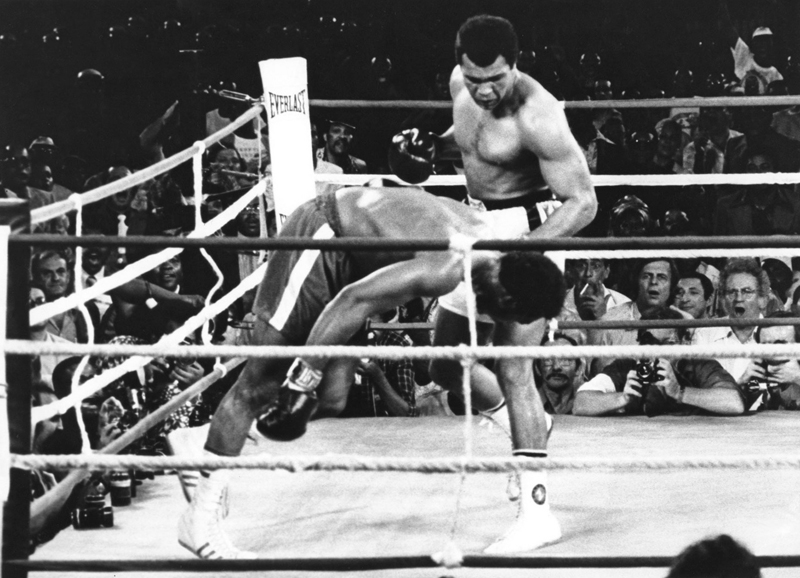
Furthermore, Plimpton has a means of changing his entry to the figures he writes about into wealthy, although by no means overbearing, portraits that current already well-known individuals and occasions in a novel angle. Angelo Dundee tells him behind which ear he retains a vial of smelling salts (the appropriate one), and by which shirt pocket he retains his Q-tips (the left one). Bundini tells him the story of how he satisfied Ali to deliver him into his crew, by haranguing Ali’s former handler, “The person finest transfer to take care of a fighter packing individuals into the Backyard as much as the rafters and the seats the place earlier than there was nothin’ there however pigeons!” A demoralized, crushed Ali, following his painful—in additional methods than one—defeat by the hands of Joe Frazier, moans and complains in his dressing room, “Don’t maintain me, Bundini. Rattling! I’m sore. I’m sore within the neck. I’m sore within the ribs.” Of Foreman’s shocking defeat to Ali, the identical Archie Moore who drew blood and tears from Plimpton tells him, “As they are saying within the idiom of Brooklyn, (Foreman) blew his cool.”

One will get the sensation Plimpton is ready to do all this not solely due to his writing expertise, but in addition due to his being a fan of boxing before everything, a way supported by the reminiscence Plimpton chooses to signify his journey to Africa. After the struggle was over and Plimpton had left Ali’s dressing room, he stared out on the emptying stands of the stadium in Kinshasa, his eyes finally deciding on the ring, now crowded with boys feinting at one another and punching the air, re-enacting again and again the ultimate sequence by which Ali despatched Foreman to the canvas, and granting Plimpton the possibility to relive the second a number of extra instances, earlier than the enjoyment and “contentment” of getting witnessed it light away. “It was getting troublesome to recollect the exhilarations,” writes Plimpton. “So typically, the enjoyment of getting been a witness appears to slide away with infuriating ease, nevertheless one tried to hold on to it.” The phrases echo a sense common to sports activities followers of all stripes, and which may have solely been penned by a struggle fan himself. –Rafael Garcia
[ad_2]
